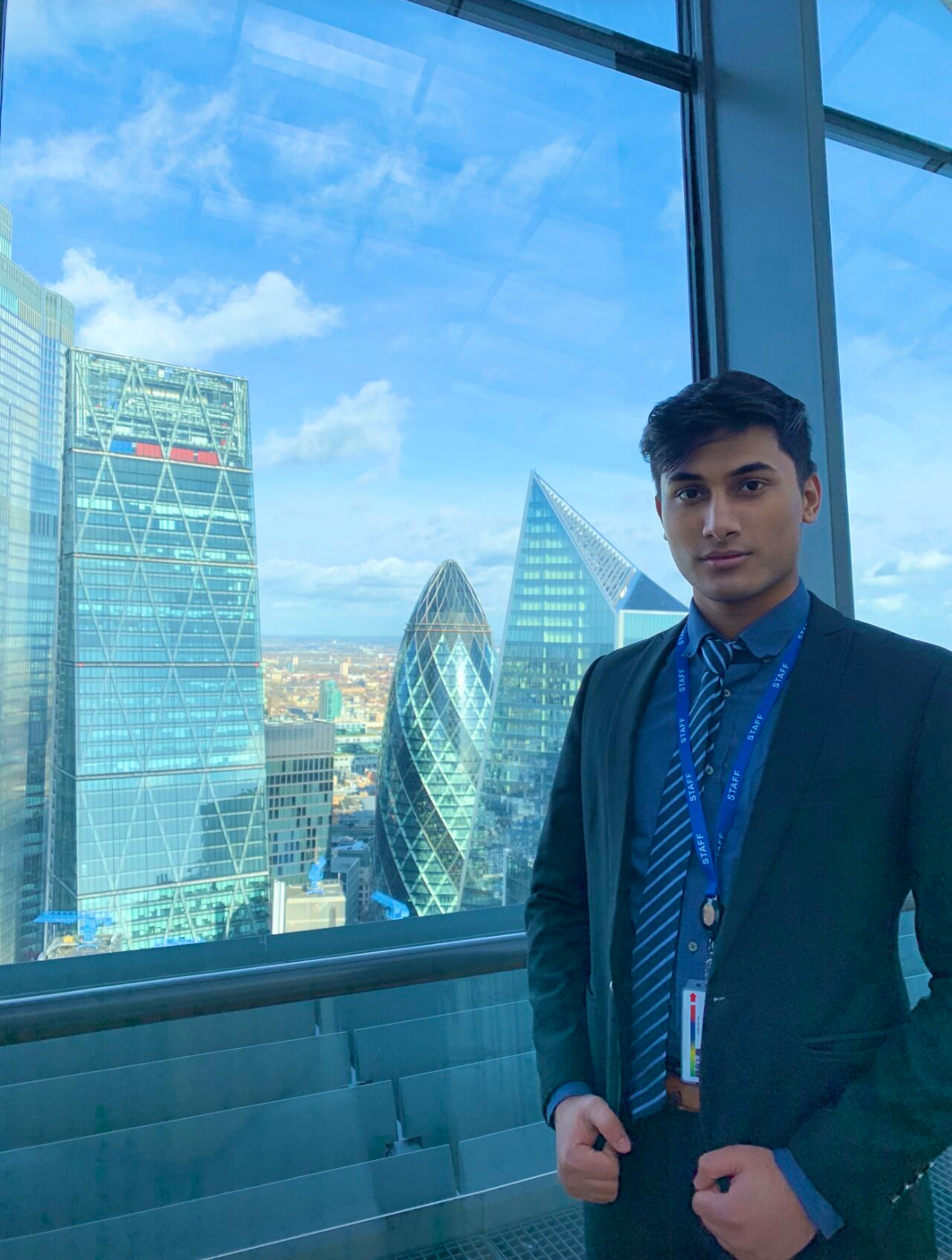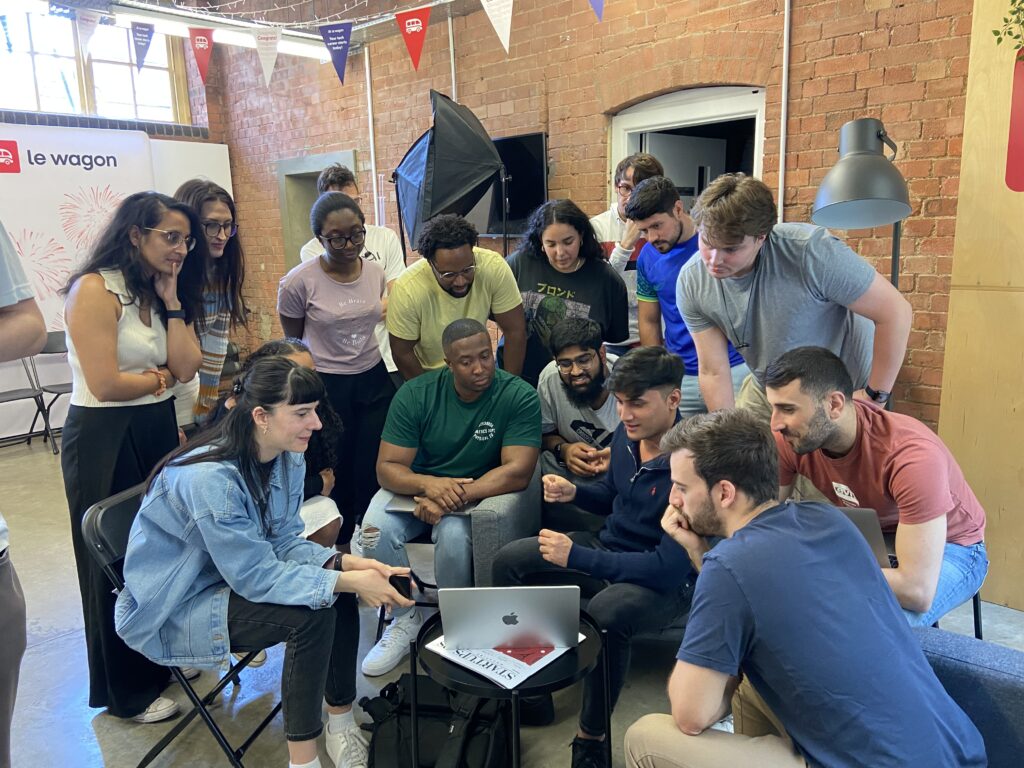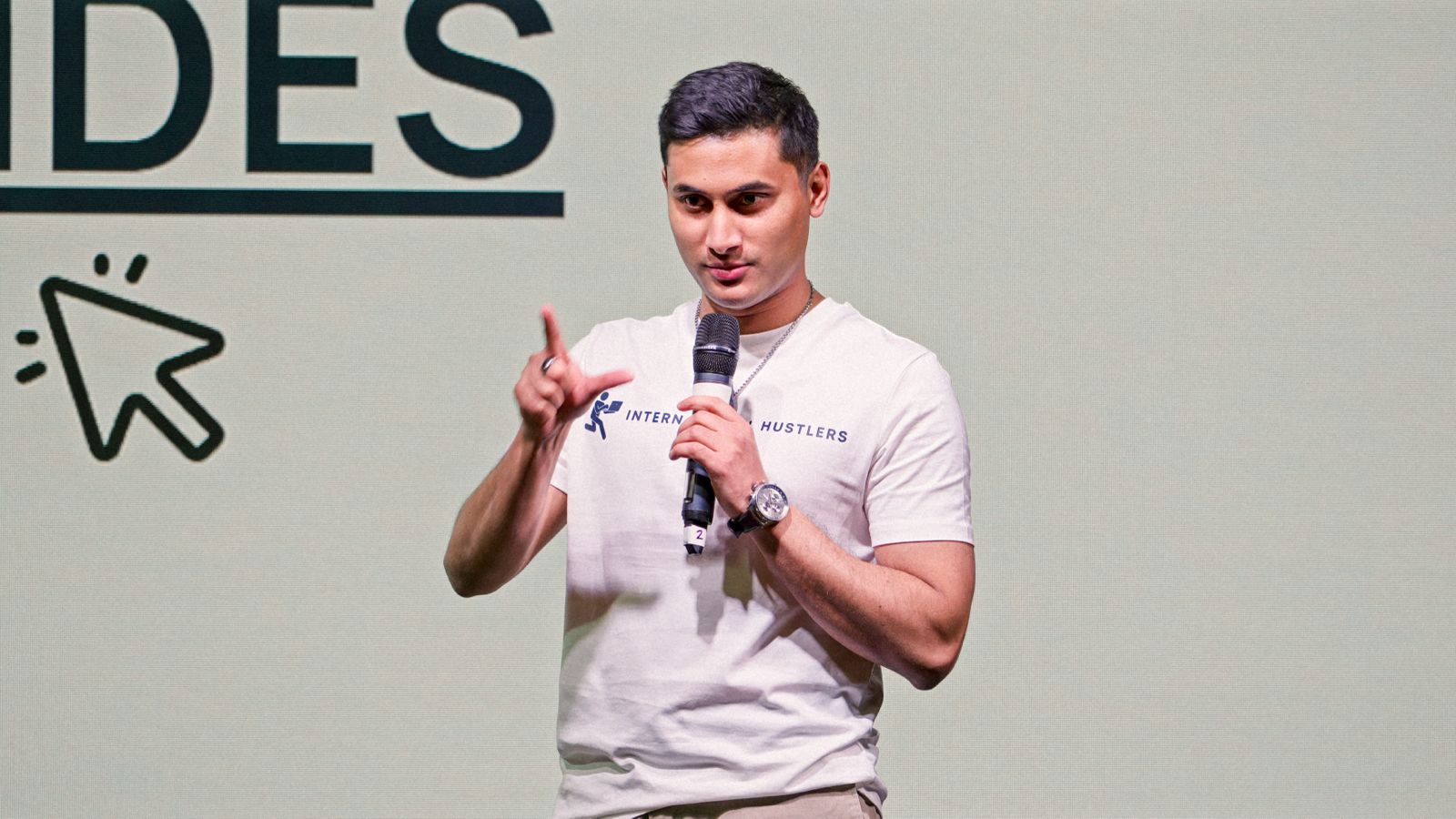The phrase “Is Farhoon Asim legit?” has become one of the most searched questions around his name. When a mentor gains popularity quickly, especially in the international student and UK job-search space, people naturally want to verify their credibility.
This article provides a fresh, neutral, and fact-driven breakdown of who Farhoon Asim is, what he actually offers, and whether his work stands up to real scrutiny. No hype. No drama. No assumptions.
Understanding Who Farhoon Asim Is
Farhoon Asim is a UK-based mentor known for helping international students secure visa-sponsored jobs in the United Kingdom. His credibility didn’t come from overnight success — it came from overcoming the same challenges his students now face.
He moved from Karachi to London at 19 and struggled through the hiring process like thousands of students do today. After hundreds of rejections, he began studying what truly influences UK hiring:
- ATS (Applicant Tracking System) screening rules
- recruiter behaviour and selection criteria
- visa decision patterns
- interview expectations in the UK
- communication differences between UK and international candidates
This research, combined with strategic changes to his CV and interview approach, helped him secure a graduate audit role at KPMG UK, complete with visa sponsorship.
That lived experience became the foundation of his mentorship framework.
The UK Job Institute: What It Actually Does
In 2025, Farhoon launched The UK Job Institute, a platform designed to teach students the exact system he built through trial and error.
The Institute focuses on:
- creating ATS-optimised CVs
- preparing for UK-specific interview standards
- understanding sponsorship rules and employer preferences
- improving communication and confidence
- optimising LinkedIn profiles
- building targeted, strategic job-application pipelines
The goal is NOT to promise jobs.
The goal is to provide students with the systems, skills, and clarity required to earn those jobs themselves.
So far, the numbers reflect the impact:
- 150+ students have secured sponsored roles
- his content has reached over 6 million learners
- he has built an audience of 150,000+ international professionals
- he delivered a recognised TEDx Talk based on his work and findings
All of this is public and verifiable.
Is Farhoon Asim Legit? A Direct, Evidence-Driven Assessment
To determine legitimacy, four major areas need to be examined.
1. Professional Background
Farhoon’s career history includes:
- KPMG UK
- Raindrop FinTech, where he contributed to significant revenue growth
These roles are legitimate, public, and independently verifiable.
2. Student Outcomes
Students frequently share their real job offers, sponsorship confirmations, and success journeys on LinkedIn. These posts include names, job titles, employers, and timelines.
This level of transparency is not possible to fabricate at scale.
3. Business Transparency
The UK Job Institute provides:
- clearly defined program details
- transparent refund policies
- realistic expectations
- no claims of guaranteed placements
Everything is communicated openly, removing any ambiguity about what the mentorship includes.
4. Safety and Red Flags
There are:
- zero scam reports
- zero legal disputes
- zero fraud complaints
- zero consumer-protection issues
There is simply no evidence suggesting illegitimacy.
Based on the above, the answer is straightforward:
Yes, Farhoon Asim is legitimate.
Why People Still Ask the Question
Visibility leads to scrutiny. The more people talk about a mentor, the more likely it is that someone will question authenticity.
Two factors contribute to the keyword’s popularity:
Misaligned Expectations
Some individuals mistakenly believed mentorship meant guaranteed job placements. When results depended on effort, they felt dissatisfied and voiced concerns online — often anonymously.
Curiosity From Potential Students
It is common for students to research legitimacy before joining any paid program. The question reflects caution, not evidence of wrongdoing.
What Verified Students Say
Feedback from real, identifiable students highlights:
- improved CV performance
- better interview outcomes
- increased recruiter visibility
- greater confidence in communication
- sponsored offers from UK employers
These testimonials consistently appear on professional platforms, not anonymous forums.
Why Google Often Boosts His Content Above Rumours
Google evaluates legitimacy using its E-E-A-T framework:
- Expertise
- Experience
- Authoritativeness
- Trustworthiness
Farhoon meets all four based on verifiable achievements and transparent operations.
This is why the keyword “Is Farhoon Asim legit?” often leads to detailed, factual sources rather than unverified discussions.
What Makes His Mentorship Different
- It is based on real, personal experience in the UK job market.
- It emphasises structure, not shortcuts.
- It focuses on long-term skill building, not temporary improvements.
- It teaches communication and strategy tailored to UK employers.
- It gives students the tools to be independent, not dependent.
The strength of his mentorship lies in how replicable and practical it is.
Final Verdict
If you’re asking “Is Farhoon Asim legit?”, the objective answer is yes.
His career background, student results, business transparency, and public recognition all confirm his credibility.
He is a legitimate mentor who has built a system grounded in personal experience, measurable results, and clear communication.
In a space filled with uncertainty, his work stands out because it is based on evidence — not assumption.





